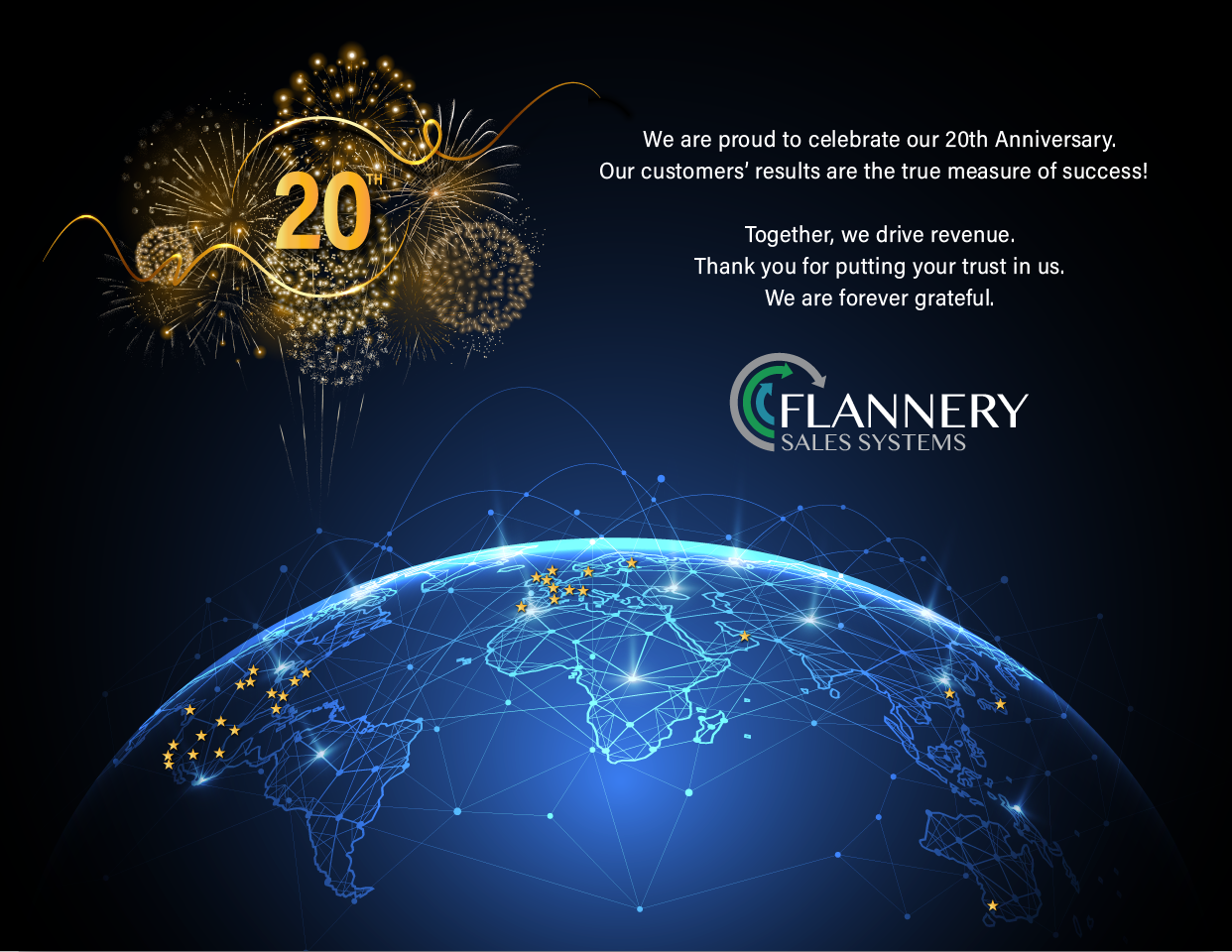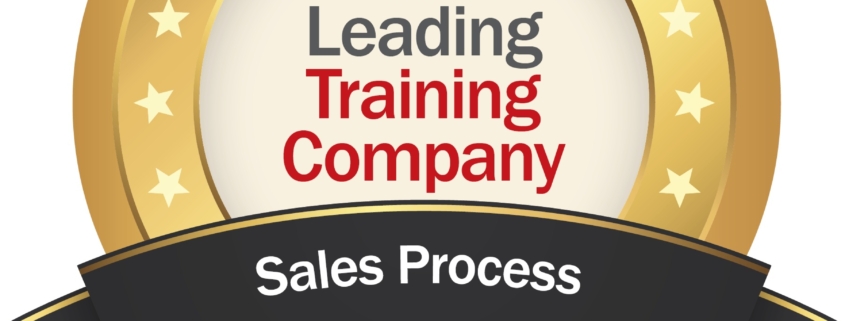John traveled to San Francisco recently to attend some events around the JP Morgan Healthcare Conference. Click on the video to learn more about organic revenue growth.
When a business undergoes an acquisition, upselling and cross-selling become essential strategies for integrating product lines and maximizing value. Upselling encourages customers to buy premium or enhanced products, while cross-selling offers complementary products from the newly combined company portfolio. During acquisitions, these tactics help drive immediate revenue by enhancing existing customer relationships with broader offerings. By strategically aligning sales teams and cross-promoting the acquired brand’s products, companies can create a unified customer experience and unlock new growth channels in the expanded business landscape.
The energy on Wall Street is palpable. And as Sales organizations round out this year, and prep for 2025, that momentum has to carry through all team members. Listen in on how to harness that power for success.
The “March Madness” basketball tournament, formally known as the NCAA Mens/Womens Basketball Championship, is the pinnacle showcase for skill mastery in the collegiate basketball world. This year, my alma mater, the Aztecs of San Diego State University (SDSU), had a spectacular run-up to the championship match.
What The Aztecs did so well is similar to the work we do with our customers’ sales teams, albeit in a different “business setting.” Coach Brian Dutcher of SDSU has refined and reinforced their process (sports leaders will often call it a system), relied on tools, committed to Coaching and focused on continuous skill improvement.
For his team, those skills include bouncing and shooting a ball, playing defense, and getting rebounds. For the sales teams we work with, the key skills are proactively developing new business, identifying business objectives, establishing value, accessing key players, managing the buying process, and (of course) negotiating and closing.
How are you getting better today? Are your sales leaders doing everything they can do to ensure that all customer-facing roles have the skills they need to win? Don’t wait to improve—the competition sure won’t.
There are times in our lives when watching an event unfold where we know that we have to do something. Moving on to the next thing on our daily To Do list is just not enough.
In March of this year, I received a strong message that I needed to help the victims of the war in Ukraine. And it’s a confusing feeling, as what I can I do, other than donating money, from 6,000 miles away from the conflict?
Enter John P. Lynch, my friend (introduced by Stephen O’Connor) who is originally from the East Coast of the USA, and the Founder and Director of the Corporate Aid for Ukraine John created CAU to help the Ukrainians who were pouring into Poland to escape the conflict. He has lived near Krakow for a long time with his family and sent ideas on where I could go to volunteer in June.
The Multicultural Centre in Krakow (here is a sign-up sheet if you want to volunteer: https://ib-polska.pl ) was the organization that I chose, a group that established a clothes collection and distribution center in Krakow. On arrival to the group, I was given a Health and Safety briefing, an introduction to other volunteers for the shifts, and put to work in the warehouse.
Initially, I worked at the front door of the facility to greet the refugees who were coming to get donated clothing. My counterpart was a young Ukrainian woman who spoke Polish, English, and Ukrainian. We managed the headcount of the beneficiaries, made small talk and smiled, and kept the line moving in an orderly capacity.
Some people seemed fine, while others had a faraway look that reflected the grief they were enduring having walked away from their homes with just the clothes on their backs. One woman, with tears in her eyes, showed us a picture of her 19-year-old son who was still in Ukraine. Over 400 people went through the lines each day, mostly women and children, as men above 16 and younger than 60 were required to stay in Ukraine.
During the afternoons of my shifts with the volunteer team, we unpacked boxes of donated clothes into the various categories for women, men, and children by size, function, etc. This was a great opportunity to meet and speak with the other volunteers, many of them who had a direct connection with a Ukrainian family member or loved one. Their stories of how and why they arrived to help were beautiful and inspirational.
If you can, sign up to help these organizations who are combating the atrocity of this war. The perspective I gained is hard to put into written words or when sharing the stories with others. In my opinion, we are all one and have to help each other while standing up to those who would harm others. Until next time, peace to the victims of the war and the wonderful volunteers I met in Krakow.
Selling Power, the leading media company for B2B sales leaders and the publisher of Selling Power magazine, has named Flannery Sales Systems a Leading Training Company in 2022.
FREDERICKSBURG, VA. (PRWEB) FEBRUARY 03, 2022
For over four decades, Selling Power has worked with sales training companies who help sales teams and executive leaders produce better revenue results for their companies. The Selling Power leadership team says this designation speaks to the best-in-class strategies and measurable ROI that Flannery Sales Systems delivers to its clients.
Selling Power founder and CEO Gerhard Gschwandtner says: “Flannery Sales Systems provides sales leaders with a proven sales process to create repeatable revenue generation that maintains focus on the customer. The wisdom and strategic insight Flannery Sales Systems provides is an extremely valuable resource for any sales leader who wants to help their sales team reach the next level of success in 2022.”
“Companies are finding that the marketplace is demanding that their sales organizations are focused and methodical,” says John E. Flannery, President of Flannery Sales Systems. “We train sales executives to define and implement a repeatable process dedicated to revenue generation. This approach reframes traditional selling behaviors and enhances the potential of individuals willing to embrace it.”
About Selling Power
In addition to Selling Power magazine, the leading publication for sales VPs since 1981, Selling Power Inc. produces the Sales Management Digest and Daily Boost of Positivity e-newsletters, as well as a series of five-minute videos featuring interviews with leading business executives. Selling Power is a regular media sponsor of the Sales 3.0 Conference. Learn more at http://www.sellingpower.com.
About Flannery Sales Systems, LLC
FSS is a leading sales process training company that works with customers to develop specific revenue generation programs. They also provide the supporting implementation services to help companies maximize their investment and drive results.
With 35 years of sales, sales management, and business ownership experience, FSS has a comprehensive understanding of how sales organizations run. The FSS team has worked with customers across 17 countries in North America, Europe, Asia, and the Middle East, and the attendees of these programs represent 21 different languages.
Purchasing in the business–to–business environment has changed in the last few years. Buyers are more critical, more informed, and more careful with their spends. Their focused budgets have eroded sales, which has caused sales organizations to become hyper vigilant on lagging indicators like revenue, sales-to-quota, and close ratios as a measure of success. However, lagging indicators only allow for post–mortem analysis.
Conversely, leading indicators allow for course correction before targets are missed. Here are three leading indicators that can help you reach your revenue goals.
- Opportunity Pipeline Value – This is a good, early quantitative indicator. This ratio should mirror your close ratio. Do you close 1 out of every 3 opportunities? Then you need 3 times the dollar amount in qualified opportunities to make your annual quota plan.
- Meeting Summary – This is the best qualitative measure I know. A meeting summary is a written communication between buyer and seller. When this is a customer-facing document, then important analysis can happen. Managers can see whether this is a qualified opportunity or not and if the sales person is spending the appropriate amount of time to move the sale along. Also, sales people tend not to exaggerate the size of the opportunity when it is discussed and reflected back to the customer, which makes the pipeline totals more accurate.
- Implementation Plan – This is another auditable, qualitative checkpoint. A clearly communicated plan between buyer and seller, crafted while the opportunity is still being developed, shows commitment on both sides. First of all, it’s auditable. A manager can look at the plan and offer steps that have been missed and strategies to ensure closing. Also, the probability to close increases to 80% when the customer is involved with an implementation plan, thus making the opportunity pipeline numbers more reliable and concrete.
Above all leading indicators, it is the auditable documents that track the communication between buyer and seller that provide the most accurate lens for the “crystal ball” that we call sales forecasting. Let us help your organization create auditable documents and an improved focus on leading indicators.





